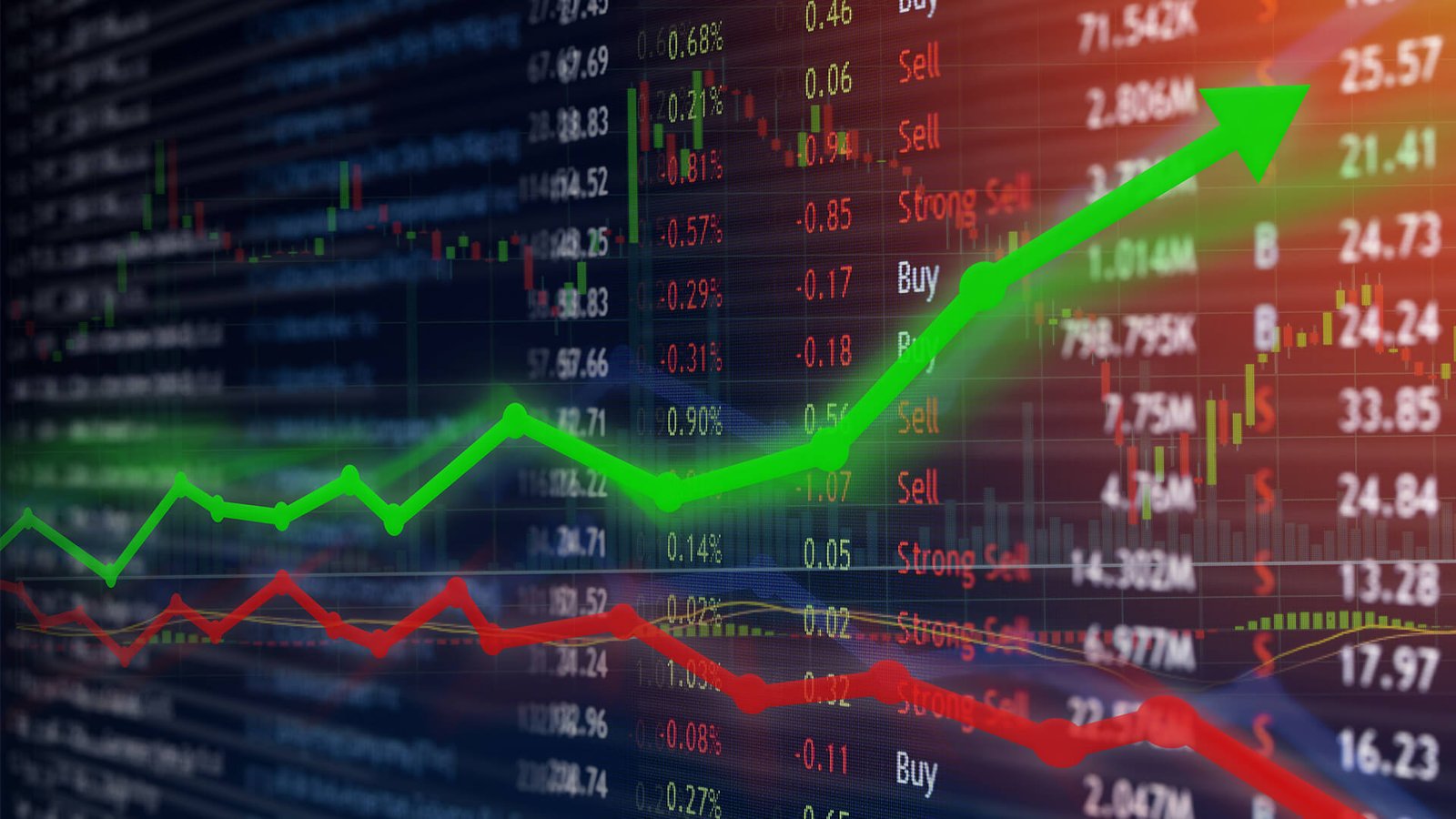
Stock Market Futures
Stock market futures are financial contracts that obligate the buyer to purchase, or the seller to sell, a particular stock or stock index at a predetermined price on a specified date in the future. These contracts are valuable tools for investors and traders, offering insights into market expectations while also helping to manage risk.
What Are Stock Market Futures?
Stock market futures are agreements to buy or sell a specific stock or stock index at a future date for a price that is agreed upon at the time the contract is made. These are standardized contracts that are traded on futures exchanges, and they can be based on individual stocks, stock indices like the S&P 500, or various other financial instruments.
How Do Stock Market Futures Work?
- Contract Specifications: Each futures contract specifies the asset being traded, the size of the contract, the expiration date, and the price increments. For instance, a futures contract based on the S&P 500 would represent a set value tied to the performance of that index.
- Leverage: Futures contracts are leveraged instruments, allowing traders to control a large position with a relatively small initial investment. However, this leverage can amplify both gains and losses.
- Margin Requirements: Traders are required to maintain a margin account, which acts as a security deposit. The margin ensures that traders can cover any potential losses.
- Settlement: Futures contracts can be settled in one of two ways: through physical delivery of the asset or through cash settlement. Most stock index futures are settled in cash, meaning the difference between the contract price and the market price at the time of expiration is exchanged in cash.

Benefits of Trading Stock Market Futures
- Hedging: Investors can use futures to protect themselves against potential losses in their stock portfolios. For example, if an investor anticipates a market downturn, they may sell futures contracts to offset potential losses in their holdings.
- Speculation: Traders can also use futures to speculate on the future direction of the market. If they believe the market will rise, they can buy futures contracts, and if they expect a decline, they can sell them.
- Liquidity: Futures markets tend to be highly liquid, enabling traders to enter and exit positions quickly. This liquidity helps maintain stable and fair prices.
- Price Discovery: Futures markets provide essential information about market expectations, as the prices of futures contracts reflect the collective outlook of participants on future market movements.
Read Also: Top 5 Most Expensive Cars in the World
Risks of Trading Stock Market Futures
- Leverage Risk: While leverage can magnify profits, it also has the potential to significantly increase losses. Traders must be vigilant in managing their positions to avoid substantial losses.
- Market Volatility: Futures markets can be volatile, with prices fluctuating quickly. This can result in significant gains or losses within a short time frame.
- Margin Calls: If the market moves unfavorably against a trader’s position, they may receive a margin call, requiring them to deposit additional funds to maintain the position.
- Complexity: Trading futures requires a deep understanding of the markets and the factors that influence price movements. It is not recommended for inexperienced investors.
Stock market futures are potent financial instruments offering various opportunities for hedging, speculation, and price discovery. However, they carry significant risks, particularly due to their leverage and the volatility of the markets. Investors and traders should approach futures trading with a thorough understanding of market dynamics and implement a solid risk management strategy





